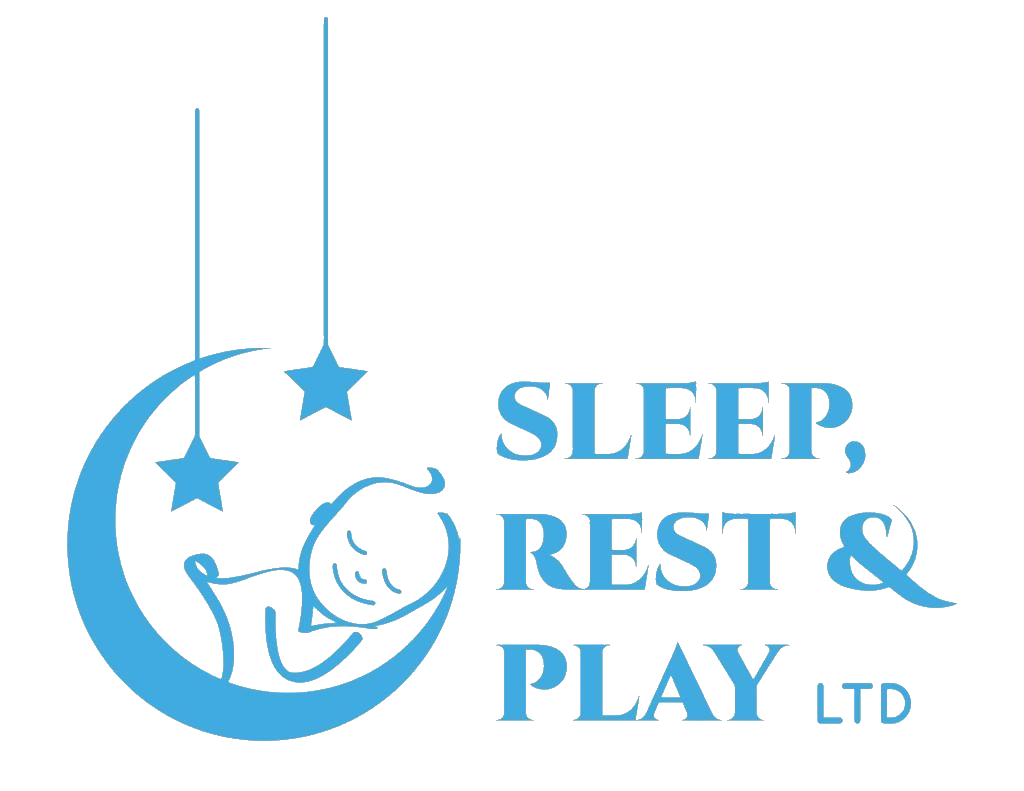Sounds scary huh? Trust me it’s not that scary. It’s very natural, in fact pretty much anyone who isn’t heavily sedated before going to bed can expect to wake up multiple times in the night.
It’s a normal, natural part of the human sleep cycle. Yes sleep can be disrupted by stress, caffeine, lack of exercise, however waking up multiple times is to be expected.
We’re all familiar with the various stages of sleep from our own experience. You might not be able to put a name to them, but you’ve certainly felt the difference between waking from a light sleep and a deep one.
Simply put, when we fall asleep, we spend a little while in a light stage of sleep and gradually progress into a deeper one. We stay there for a little while and then gradually re-emerge into the lighter stage, and when we do, there’s a good chance that we’ll wake up.
That all sounds great, right? You fall asleep at eleven or so, hit that deep stage by midnight, hang out there for six hours or so, and then start to come back to the surface around 6:00 or 7:00, gradually waking up refreshed and ready to face the day.
Except the whole process only takes about an hour and a half.
That’s right. From start to finish, going from light sleep to deep sleep and back again takes between 90 – 110 minutes.
Luckily for us the process repeats itself pretty easily. Either we’ll wake up for a minute or two and fall right back to sleep, or we might not even really break the surface at all.
Ideally, this happens five or six times in a row. We get a restful, restorative snooze in the night, and we reap the benefits of it throughout the day.
Infants, despite their increased need for sleep, have a much shorter sleep cycle than adults. On average, an infant goes from light sleep to deep sleep and back again in about 45 mins to an hour.
Now when it comes to baby sleep, more often than not, they are reliant on something external to “help” them fall asleep. whether it’s rocking, being fed, the pacifier, motion. What ultimately happens when baby then shifts through a sleep cycle is that they wake up more fully looking for that help to fall back asleep. So those natural wake ups turn into hour long productions of getting baby back to sleep.
By teaching a baby independent sleep skills and them being able to fall asleep on their own, they’ll wake up after a sleep cycle, their brain will signal them to go back to sleep, and that’s exactly what they’ll do.
So although your little one is going to wake up numerous times a night, every night, they can quickly and easily learn the skills to get back to sleep on their own. It will only seem as though they’re sleeping straight through the night.
Sleep Well,

About Seema, Founder of Sleep, Rest & Play, Ltd.
Hi there – I’m Seema Bhambri, a Certified Sleep Sense Consultant and founder of Sleep, Rest & Play, LTD. I was born and raised in London, England and in 2007, I moved to New York. I have two adorable children, Avani and Anaya. Parenthood is one of the most amazing and challenging roles I’ve taken on. My role as a mom is one of the reasons I became a sleep consultant. I want to show the importance of sleep for their little ones and parents. With good sleep habits, the entire family can be healthier, happier, and more energetic.
I’d like to offer you a FREE 15-minute call with me to discuss your child and learn how with my private consultations could help you and your little one. You can also call me directly at (516) 506-0456 or e-mail seema@sleeprestandplay.com.

